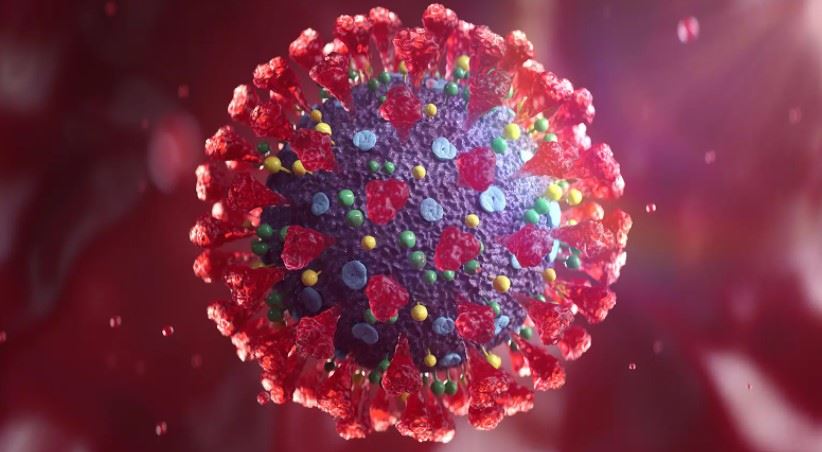 The first doses of COVID-19 vaccine boosters that provide extra protection against the omicron variants have arrived in Illinois. [Health News Illinois]
The first doses of COVID-19 vaccine boosters that provide extra protection against the omicron variants have arrived in Illinois. [Health News Illinois]
There are about 150,000 doses in Chicago, which are available at pharmacies and other healthcare sites, Department of Public Health Commissioner Dr. Allison Arwady said during a press conference Tuesday.
“We need Chicago to get this updated vaccine,” she said. “It's new, it's different and it will give better protection than what we've had previously.”
The city will make the boosters available through its in-home vaccination program.
Arwady said they plan to host family vaccination clinics at City Colleges of Chicago through November and provide flu and COVID-19 vaccination clinics in all 50 Chicago wards this fall.
About 36 percent of reinfections in the city are from residents initially infected with omicron, she added.
“So if you think you're counting on, ‘I've had COVID, I've had a prior vaccine, I don't really need this updated vaccine,’ please don't count on that,” Arwady said.
IDPH said it expects to receive 580,000 doses of the booster within the week, which will head to pharmacies, hospitals and other providers. The state agency urged residents to go online and search for booster availability and to receive it when possible.
As of Monday, 1,234 Illinoisans were in the hospital with COVID-19, up 72 from Sunday and down 106 from the prior week.
Of the patients in the hospital, 125 were in intensive care units, down 13 from Sunday and down 50 from the prior week. Twenty-two percent of Illinois’ ICU beds were available, up 1 percentage point from the prior week.
There were 38 patients on ventilators, down five from Sunday and down 18 from the prior week.
Thirty counties are now at a “high” community level of COVID-19, the level at which the Centers for Disease Control and Prevention recommends people mask indoors in public spaces. Sixty counties are at a “medium” risk level.
IDPH reported 1,990 new COVID-19 cases and no new deaths on Tuesday. The new cases bring the state total to 3,706,263, while the death toll is at 34,759.
The seven-day average for new cases on Tuesday was 3,341, down 245 from the prior week. The seven-day average for daily deaths is eight, down three from the prior week.
The seven-day case rate per 100,000 people is 26.2, down 1.9 from the prior week.
Illinois vaccinators have administered 23,253,568 COVID-19 vaccine doses, including 4,755,491 booster shots. The seven-day average for doses administered is 3,293.
###
